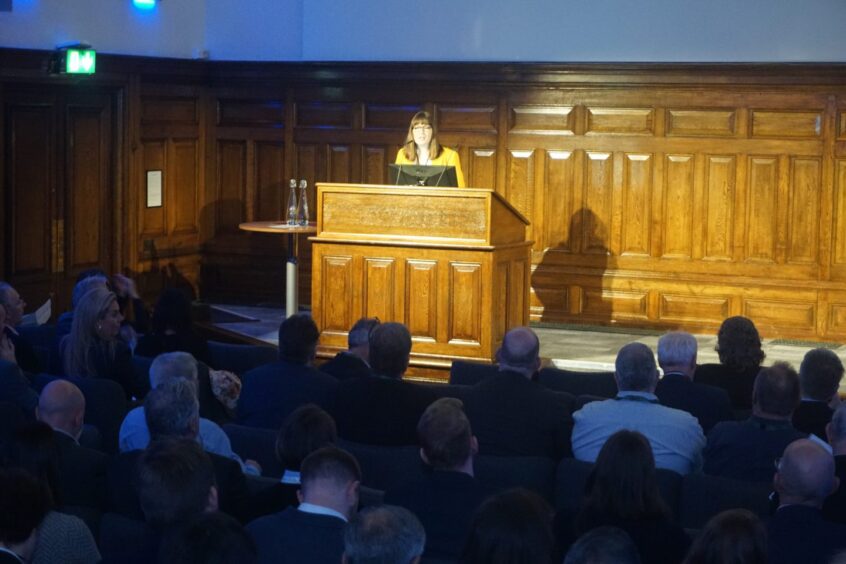
Over 90,000 jobs in the UK’s £14 billion electrical infrastructure manufacturing sector are at risk without urgent reform to industrial policy, a trade body has warned.
Beama, a trade body representing UK electrical and energy infrastructure manufacturers, has called for a meeting with ministers at the Department of Energy Security and Net Zero (DESNZ) to address concerns including the need to drive demand and overcome barriers to growth.
In a letter to industry minister Sarah Jones, energy secretary Ed Miliband and business and trade secretary Jonathan Reynolds, the chief executive of Beama urged government to lower the price of electricity, improve finance offerings and provide commercial clarity for electricity networks growth.
The letter was signed by 17 chief executives and representatives from across the UK electrical product supply chain, including Hitachi and Schneider Electric.
In a statement, a Beama spokesperson said government departments involved with the development of the UK’s industrial strategy had support the electrical manufacturing sector, adding: “Failure to do so puts at risk a major growth sector that employs over 90,000 people in the UK.”
Beama said the industry it represents attempted but failed to secure meetings with the industry minister over the summer to outline how critical the electrical product supply chain is to delivering the government’s clean power aims by 2030.
The lack of input offered to the net zero supply chain risks “severely undermining” the UK’s industrial objectives, the spokesperson added.
“Following NESO’s analysis of the UK’s clean power 2030 trajectories, some product areas forecast the need to multiply production by over 10 times by 2035,” trade body Beama’s chief executive Yselkla Farmer said in the letter published Tuesday. “Our members are essential to UK decarbonisation and economic growth.”
In summary of the trade body’s response to the UK’s industrial strategy green paper consultation, Farmer said increased investment requires visible customer demand.
“If demand improves, manufacturers will also need attractive conditions for doing business in the UK,” she told ministers. “This will include factors such as availability of staff, reasonable energy costs, competitive incentives and beneficial trade conditions.”
A recent report by Beama, which represents more than 200 manufacturers of products driving electrification of the energy system, showed that the manufacturing sector must scale up ten times to reach the government’s clean power goals.
The trade body’s CEO has also called for the government to upgrade its Electricity Products Supply Chain Council, formed in 2022, to a permanent Net Zero Supply Chain Taskforce.
Prime minister Keir Starmer this month watered down Labour’s original target to reach 100% clean power by 2030, which Farmer described in an interview with Energy Voice as requiring a “Herculean” effort from the supply chain, to a revised goal of 95%.
The National Energy System Operator (NESO) said in November in its independent advice on the clean power goals that the mission is “achievable”.
However, in its clean power pathways, it said that although gas-fired power consumption would be reduced, it would still comprise up to 5% of the energy mix.
Recommended for you


 © Supplied by Beama
© Supplied by Beama